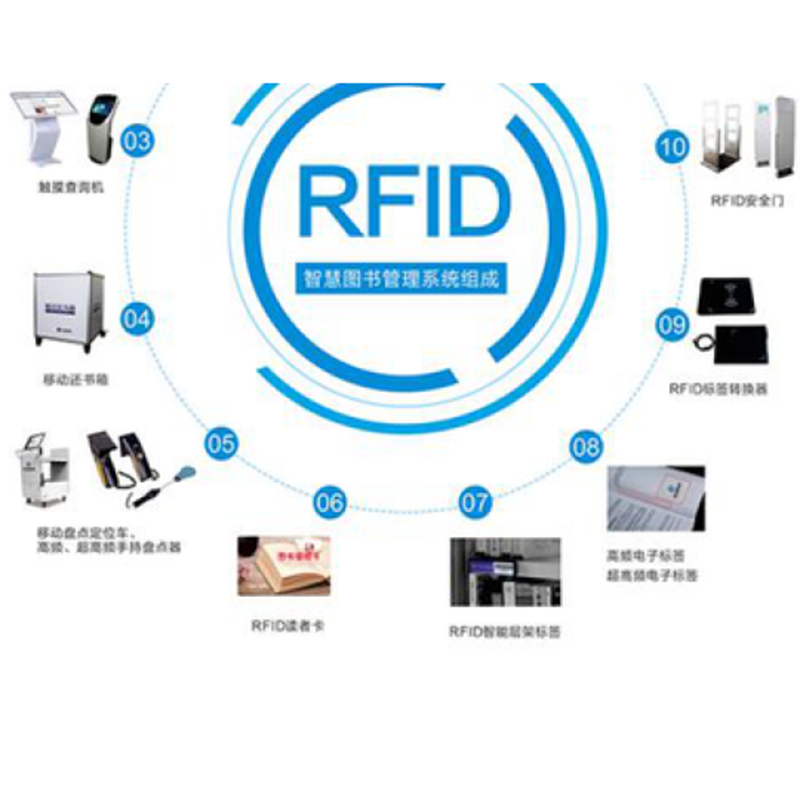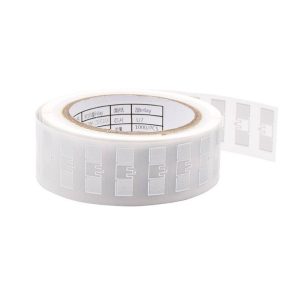Sensor network RFID technology enables archive management
The RFID technology in sensor networks enhances document management, making it more intelligent and systematic! RFID smart document control can achieve functions such as location management, intelligent access, inventory checking, online monitoring, and automatic identification of important archival documents. Currently, intelligent file cabinets are commonly used for quick identification of document information by installing RFID reading and writing devices in the cabinet, enabling automatic data collection, which makes document management more intelligent, secure, standardized, and automated. RFID technology significantly contributes to the intelligence of document management.
Archival materials are an important information resource, and document management work is crucial. By continuously improving the archival management mechanism, the critical role of archival management as an intangible asset in enterprise management can be leveraged. As one of the core technologies for constructing the “Internet of Things,” the rapid development of RFID technology has provided a boost to the automation and intelligence of document management.

Advantages of applying RFID technology in document management include:
Fast and Accurate Positioning: Mobile inspection devices store the geographical distribution map of the entire archive room, for geographic positioning of the documents being searched, which enables quick retrieval and archiving operations.
Easy Inventory Checking: Using RFID inspection devices can quickly complete tasks such as inventory checks, error correction, and shelving, significantly reducing the workload of archivists while improving the efficiency of document management and lowering the error rate during borrowing and archiving.
Accurate of Document Information: Information such as the handler, borrower, and dates of borrowing and arch are automatically recorded by the system, preventing manual errors and ensuring the of the original data in the management information system, while also real-time queries and report printing.

Batch Borrowing and Archiving Management: Document management can be very complex, few archivists and many people seeking to borrow documents. The application of RFID technology modernizes andates document management, increasing efficiency while reducing the labor intensity of document administrators, assisting archivists in automated batch borrowing and archiving tasks.
Flexible Information Storage RFID Tags: Electronic tags have a large data storage capacity and allow for easy updates to the stored information, facilitating the management of attributes.
Security: Document management personnel must log into the RFID document management through identity verification before performing borrowing and archiving operations. If there an attempt to illegally take documents outside, the system will trigger an alarm. The tag information can also be encrypted.
Common applications of generally include:
Intelligent File Cabinet Functions:
Document positioning and guidance: Real-time sensing of the locations of documents with RFID electronic tags through built-in RFID readers and antennas.
Access control: The cabinet is equipped with an electronic lock that manages door access through RFID cards, fingerprints, or passwords.
Real-time monitoring: The system issues voice prompts and indicator light alarms if an error occurs during document storage or retrieval.
The intelligent file cabinet is primarily used in the financial industry for managing important mortgage documents, important certificate and seal card management in banks, and managing crucial securities documents. In government units, it is used for managing security department archives, police and legal archives, etc. In other industries, it is used for managing automotive qualification certificates, confidential corporate archives, and important contractual agreement documents.
RFID technology enables intelligent and information-based management of archival materials, allowing for quick data collection regarding daily storage, queries, borrowing, returns, theft prevention, and other specific tasks. As information carrier, RFID facilitates data collection and monitoring at every stage of document flow, automating document business processes and achieving high-efficiency workflows. RFID technology enhances the overall business management capabilities of document management, enables data sharing, improves document control efficiency, simplifies management processes, reduces labor costs, and provides a more convenient and effective model for document management.
+ 新聊天






